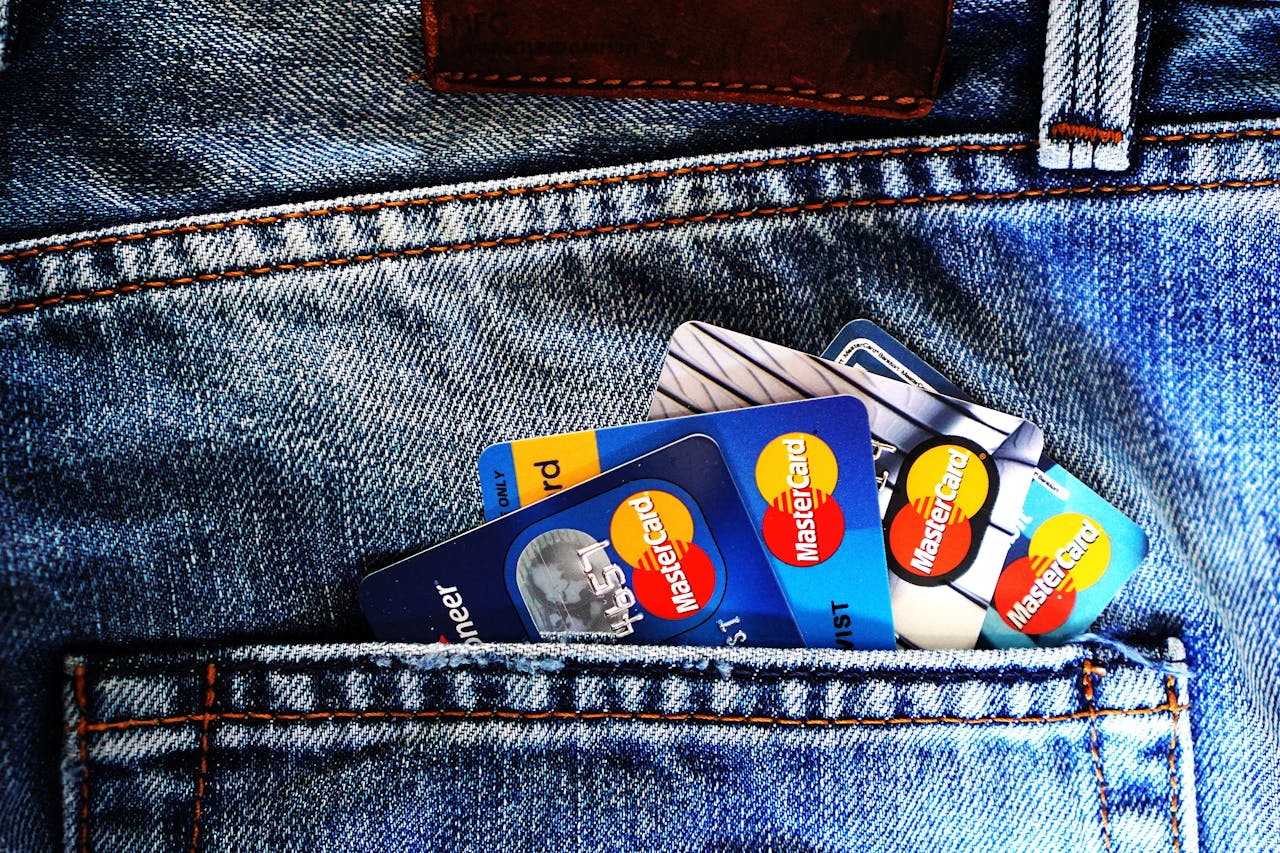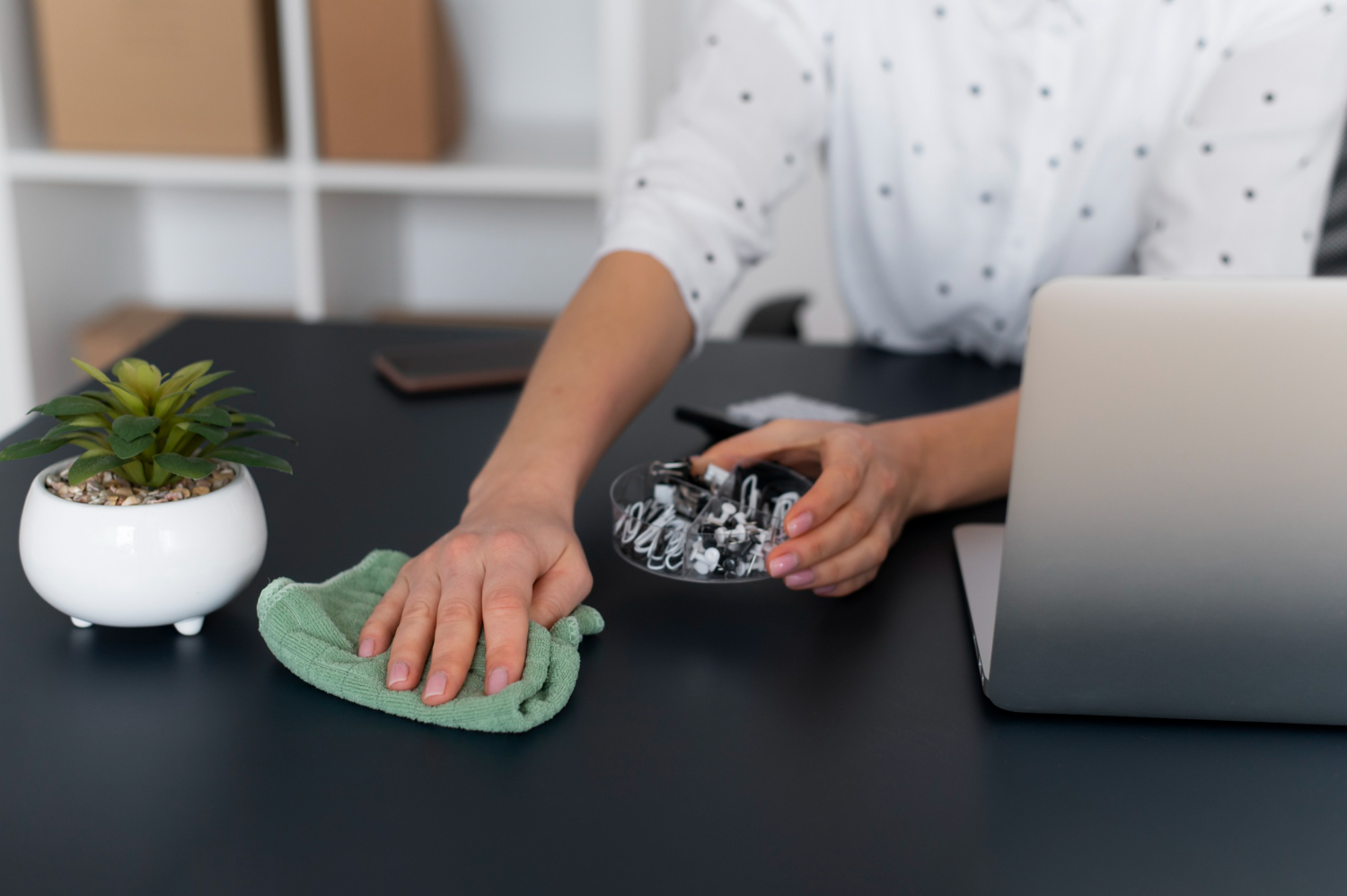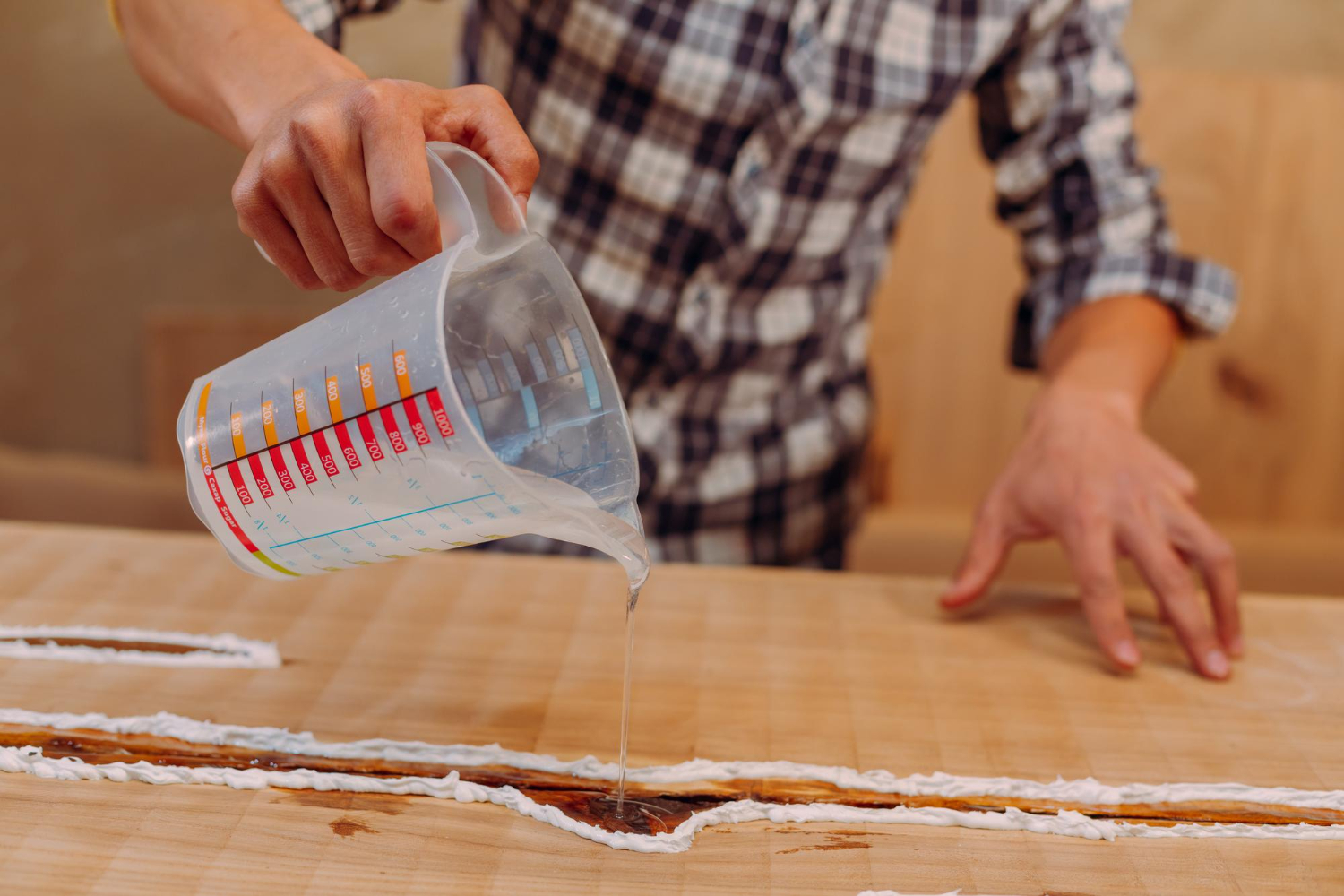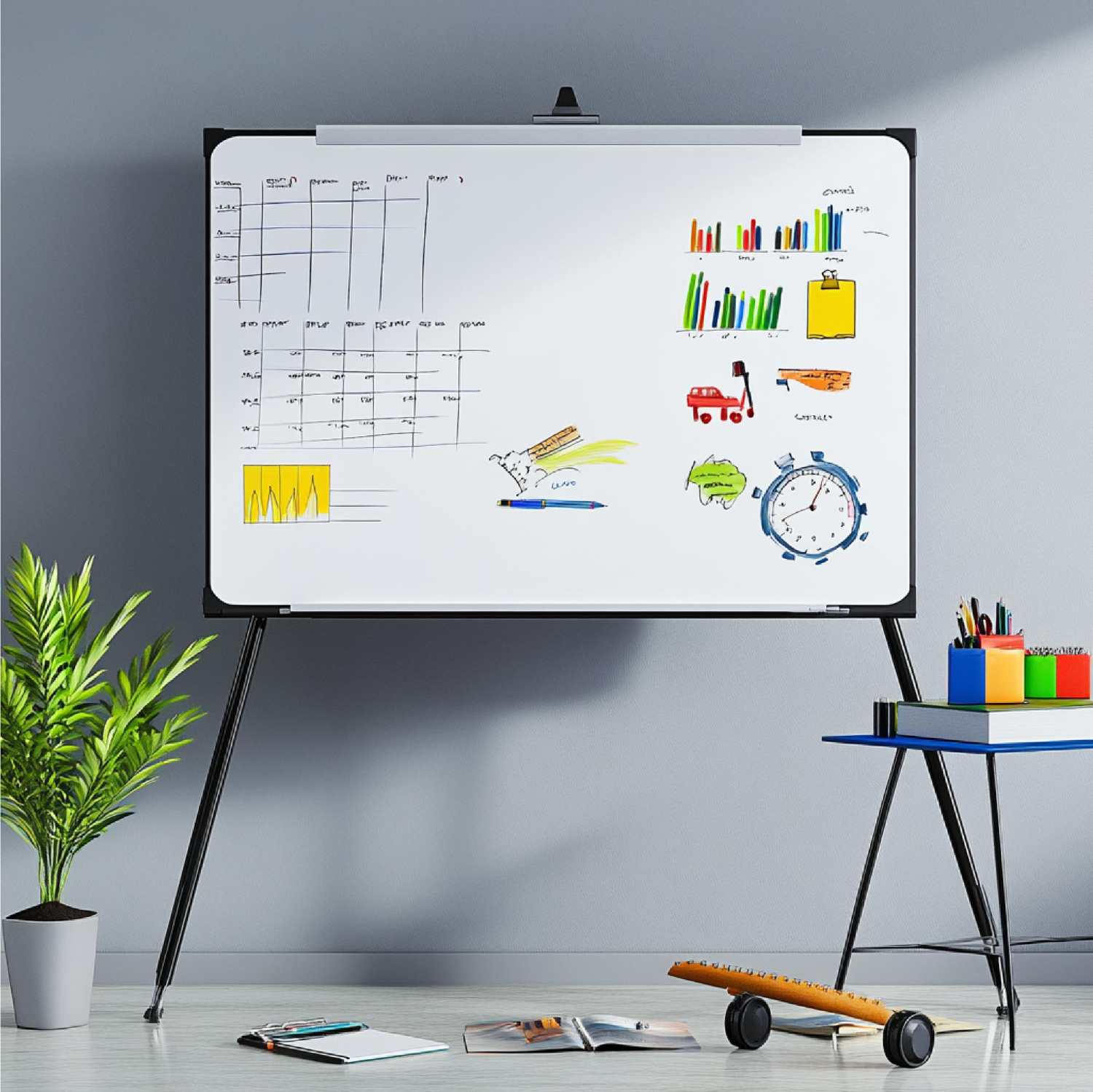In our tech-driven world, keeping our electronics clean is not just about aesthetics—it’s also about functionality and longevity. A dirty screen or keyboard can be both unpleasant to use and potentially damaging over time.
But with so many cleaning products out there, which ones are safe for our beloved devices? One common household cleaner that often comes up is Formula 409. But can you use 409 to clean electronics? Let’s explore this topic thoroughly.
What is Formula 409?
Formula 409 is a well-known household cleaner famed for its versatility and powerful cleaning properties.
Most people use it for tasks like:
- Cleaning kitchen appliances
- Disinfecting countertops
- Removing stubborn stains from various surfaces
Its ability to cut through grease and grime makes it a popular choice in many homes. However, just because it’s strong doesn’t mean it’s suitable for everything.
Can You Use 409 to Clean Electronics?
Let’s get straight to the point—you should not use Formula 409 to clean your electronics.
Why It’s Not Recommended
Potential Damage: Formula 409 contains strong chemicals that can damage the delicate surfaces of electronic devices, such as screens and keyboards. Prolonged use can degrade coatings and materials, potentially leading to malfunction.
Electrical Risk: Spraying liquid cleaners directly onto electronics can lead to moisture entering sensitive areas, causing short circuits or corrosion over time.
Safer Alternatives
For those reasons, it’s generally best to opt for safer alternatives specifically designed for electronics.
Understanding the Ingredients in 409
To better understand why Formula 409 is not suitable for electronics, let’s break down its key ingredients:
- Butyl Cellosolve: Effective for cutting grease but can be harsh on plastic and coatings.
- Isopropanol: A form of alcohol that can evaporate quickly but is included in lower concentrations compared to specialized cleaners.
- Surfactants: Help lift dirt but can leave residues that are not ideal for electronics.
These ingredients are excellent for general household cleaning but pose risks when used on sensitive electronic surfaces.
Safer Alternatives to 409 for Cleaning Electronics
Let’s look at some recommended cleaning agents that are safe for your gadgets:
Isopropyl Alcohol
Why Use It: It’s safe for most electronics and evaporates quickly, reducing the risk of moisture damage.
- Unplug the Device: Always unplug the device and remove any batteries before cleaning.
- Apply to Cloth, Not Device: Moisten a microfiber cloth with isopropyl alcohol—never spray directly onto the device.
- Gently Wipe: Wipe the surfaces gently, avoiding excessive moisture.
Specialized Electronics Cleaners
There are many products on the market specifically designed for electronics. These are formulated to clean thoroughly without causing damage. Look for products labeled “screen safe” or “for electronics.”
How to Properly Clean Different Types of Electronics
Here’s how you can safely clean various types of electronics:
Cleaning Computer Screens and Monitors
- Do’s and Don’ts: Never use harsh chemicals or paper towels, as they can scratch the screen. Stick to microfiber cloths and gentle cleaners.
- Recommended Products: Use isopropyl alcohol or specialized screen cleaners.
- Method: Lightly moisten the cloth and wipe the screen in circular motions.
Cleaning Keyboards and Mice
- Dust and Grime Removal: Use compressed air to blow out debris between keys. For deeper cleaning, use a slightly damp cloth with isopropyl alcohol.
- Suggested Tools: Microfiber cloths, compressed air, and detailing brushes.
- Technique: Unplug the devices, clean with a damp cloth, and ensure they dry completely before plugging back in.
Cleaning Phones and Tablets
- Hygiene and Functionality: Regular cleaning is crucial for both hygiene and device performance.
- Best Practices: Use isopropyl alcohol or screen wipes. Avoid using too much liquid.
- Ports and Touchscreens: Be cautious around ports; use a dry toothbrush or a cotton swab for these areas.
Cleaning Audio Equipment
- Speakers and Headphones: Clean the exterior with a microfiber cloth dampened with isopropyl alcohol.
- Sound Quality: Regular cleaning can prevent dust buildup that affects sound quality.
- Maintenance Tips: Store in a dry place and use protective cases to minimize dirt.
Conclusion
Using the right cleaning products for your electronics is essential to maintain their longevity and performance. While Formula 409 is a powerful cleaner for general household use, it isn’t suitable for cleaning electronics. Instead, opt for safer alternatives like isopropyl alcohol or specialized electronic cleaners.
Remember, keeping your devices clean not only improves their appearance but also ensures they function properly for years to come. Have tips or experiences to share? Drop them in the comments below. And don’t forget to subscribe to our blog for more helpful content and updates.
FAQs
What can you not use 409 on?
Avoid using Formula 409 on:
- Plastics that are prone to scratching or chemical damage
- Coated surfaces like anti-glare screen coatings
- Any sensitive electronic components
Is 409 safe on plastic?
Some types of plastics can be damaged by the strong chemicals in 409, leading to discoloration or structural weakening.
Can I use 409 on my computer screen?
No, it’s not advisable. The strong chemicals can damage the screen coatings and potentially seep into the electronics, causing further issues.
What surfaces can 409 be used on?
409 is safe for:
- Kitchen counters
- Bathroom tiles
- Non-sensitive household surfaces
















